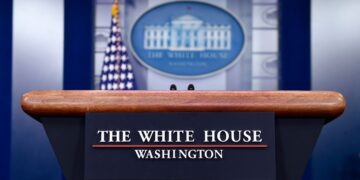Loans for pensions are actually bailouts. Congress is considering a bill that would authorize the federal government to loan money to underfunded private sector pension plans. It’s really a bailout bill. Rachel Greszler explains:
Unlike loans made in the private sector, which happen only where a legitimate expectation of repayment (and a risk-compensating interest rate) can be established, loans to insolvent pension plans would have a high expectation of default.
The Butch Lewis Act—a proposal to bail out private-sector pensions through loans as well as direct cash assistance—acknowledges the high probability of default by stipulating that pension plans that have trouble repaying their loans after 30 years of interest-only payments will be eligible for forgiveness or alternative repayment plans.
A loan with a zero-consequence default option for the borrower is not a loan—it’s a bailout.
But it’s not just defaults that taxpayers need to be concerned about. There’s also the cost of providing highly subsidized, low- or no-interest loans for 15 to 30 years, as well as the risk that plans will increase—rather than decrease—their unfunded liabilities over the course of their loans.
These features could lead to loans to insolvent pension plans costing taxpayers more than direct cash bailouts.
But those costs won’t be apparent in the official government score because the Congressional Budget Office is required to score loansunder the assumption that insolvent pension plans are essentially riskless borrowers.
[Rachel Greszler, “Senate ‘Loan’ Bill Is a Poorly Disguised Bailout for Private Pensions,” The Daily Signal, March 9]







